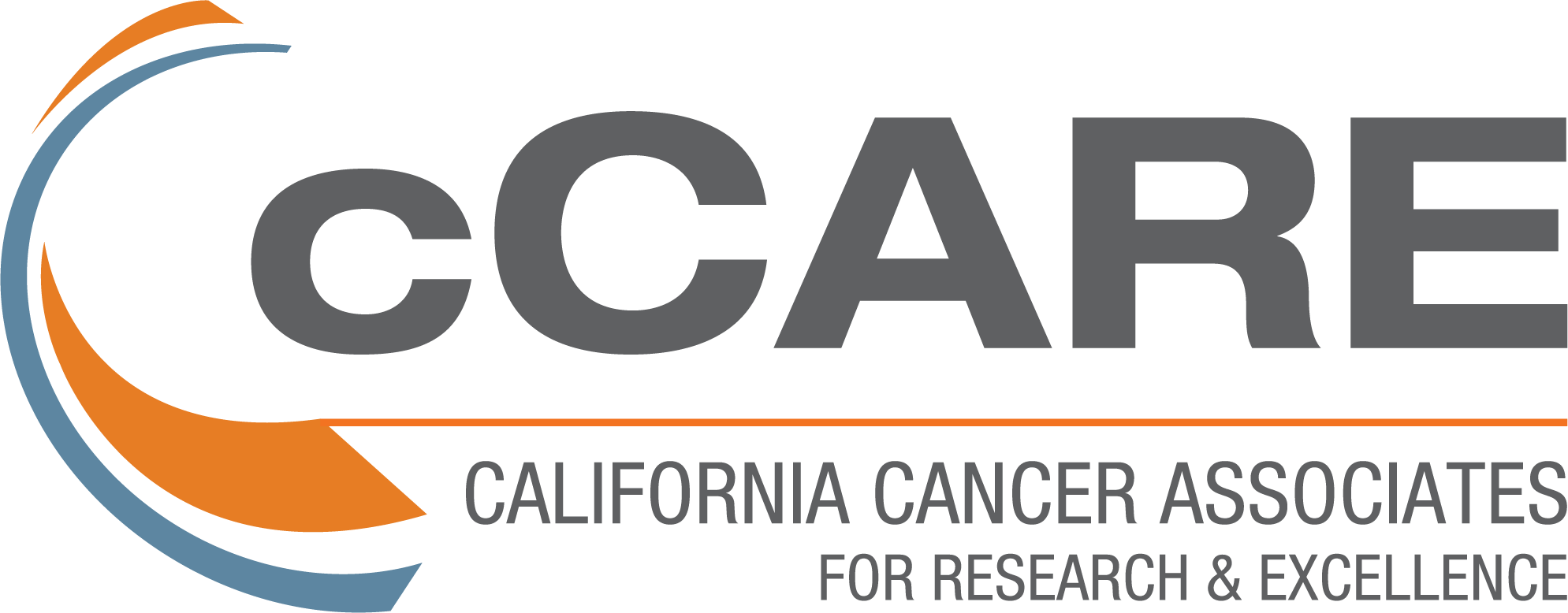Understanding Testicular Cancer
Testicular cancer originates in the testicles, vital organs responsible for sperm and hormone production in men. While comparatively rare, it predominantly affects younger men, with the highest incidence occurring between ages 15 and 35. However, vigilance is essential. Symptoms: A primary indicator of testicular cancer is the presence of a lump or swelling in one … Continued
